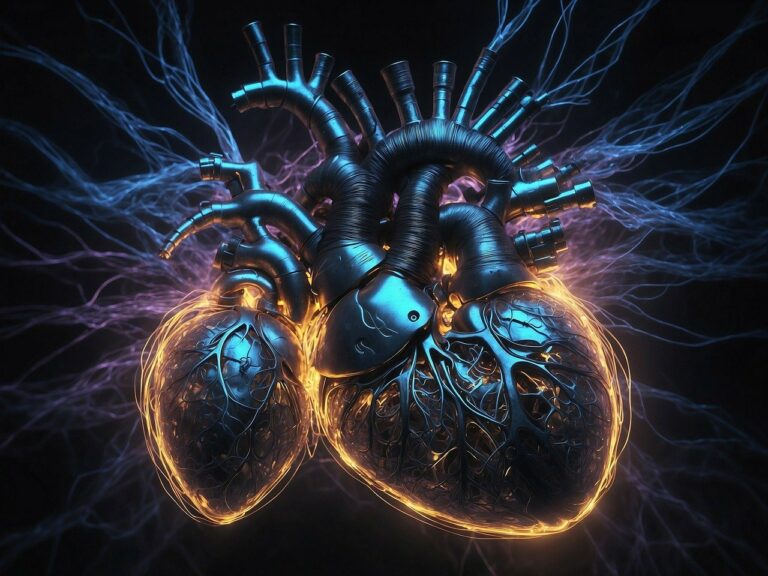Cancer Survivorship: Navigating Life After Treatment
Going through treatment can have a significant impact on a person’s physical and emotional well-being. The side effects of treatments such as chemotherapy or radiation therapy can vary from person to person. Some individuals may experience fatigue, nausea, hair loss, or changes in appetite, while others may have few physical symptoms. It’s essential for patients to communicate openly with their healthcare team about any side effects they may be experiencing to receive appropriate support and guidance.
Apart from physical changes, treatment can also bring about emotional challenges. Feelings of fear, anxiety, sadness, or frustration are common responses to a cancer diagnosis and navigating through treatments. It’s normal for individuals to have ups and downs emotionally, and seeking emotional support through therapy, support groups, or talking to loved ones can be beneficial. Understanding the emotional impact of treatment is crucial in managing one’s mental well-being and overall quality of life during this challenging time.
Dealing with Physical Changes
It is common for individuals undergoing treatment to experience various physical changes. These changes can manifest in different ways, such as hair loss, weight fluctuations, or skin irritations. Dealing with these shifts can be challenging, but it is important to remember that they are often temporary and part of the healing process.
Maintaining good self-care practices can help alleviate some of the physical discomforts that may arise during treatment. Simple actions like staying hydrated, eating nutritiously, and getting enough rest can go a long way in supporting the body through these changes. Additionally, seeking advice from healthcare providers on managing specific symptoms can provide valuable guidance in coping with any physical alterations that come about.
Managing Emotional Challenges
Emotional challenges are a common aspect of undergoing treatment, as it can be a stressful and overwhelming experience. The rollercoaster of emotions, ranging from fear and anxiety to hope and optimism, can take a toll on one’s mental well-being. It is important to recognize and acknowledge these feelings, allowing oneself to experience and process them in a healthy manner.
Seeking support from loved ones, friends, or a mental health professional can be beneficial in navigating through these emotional challenges. Speaking openly about one’s feelings and concerns can help in alleviating the weight of these emotions. Additionally, engaging in activities that bring joy and relaxation, such as reading, listening to music, or practicing mindfulness, can provide moments of respite and comfort during difficult times.
• Taking time for self-care activities such as exercise, meditation, or spending time in nature can help to reduce stress and promote emotional well-being.
• Setting realistic goals and expectations for oneself can prevent feelings of overwhelm and frustration.
• Practicing positive self-talk and affirmations can help to challenge negative thoughts and build resilience in the face of adversity.
How can understanding the impact of treatment help in managing emotional challenges?
Understanding the potential side effects and outcomes of treatment can help individuals mentally prepare themselves and cope better with any emotional challenges that may arise.
What are some ways to deal with physical changes that may affect emotional well-being?
Some ways to deal with physical changes include practicing self-care, seeking support from loved ones, and discussing any concerns with healthcare professionals.
What are some effective strategies for managing emotional challenges during treatment?
Some effective strategies for managing emotional challenges include practicing mindfulness and relaxation techniques, seeking therapy or counseling, and connecting with support groups or online communities.







